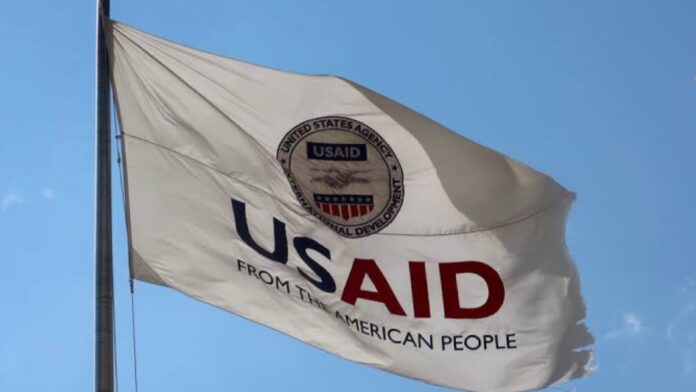The Adamawa State Planning Commission has lauded the intervention of USAID’s Nigeria State Accountability, Transparency, and Effectiveness (State2State) Activity, stating it has significantly helped the state align with global best practices in governance.
Dr. Mary Paninga, Executive Secretary of the Commission, made this known on Tuesday in Gombe during a three-day workshop titled “Adamawa State Year Five Consultative Work Plan.”
Paninga highlighted that the State2State program has provided support in various areas such as financial management, revenue generation, procurement, and gender inclusion.
“State2State has been immensely beneficial for governance in Adamawa, enhancing financial management, internally generated revenue, procurement processes, and gender inclusion,” Paninga said.
She noted that the intervention has improved cash management, resource allocation, and the timely release of funds, thereby enhancing service delivery.
“Adamawa State is now aligning with global best practices in governance through the State2State Activity. Prior to this intervention, Adamawa was lagging in budget performance assessments. However, in 2022/2023, we ranked third in the country for budget performance and transparency. This significant improvement is thanks to State2State, and we are grateful,” she added.
Paninga also emphasized the positive impact of the USAID State2State program on gender inclusion, noting that all vice-chairpersons of the elected local government areas are now women.
“The inclusiveness we’ve achieved is a milestone courtesy of State2State,” she said.
During her presentation, Ms. Suzanne Myada, State Team Lead (STL) of the State2State Activity, Adamawa Field Office, stated that since 2021, the program has been complementing the state’s efforts and target local governments by supporting and sustaining reforms, providing training, building skills and capacity, and strengthening systems and processes.
The workshop aimed to review the implementation of the State2State Adamawa Fiscal Year 2024 work plan, key results accomplished, challenges faced, and lessons learned. Myada emphasized that the workshop would gather critical inputs for the fiscal year 2025 work plan, focusing on ownership, sustainability, and consolidation.
“The goal is to review the data and information gathered from key informant interviews and develop the State2State Adamawa fiscal year 2025 work plan,” she explained.
The workshop, supported by USAID’s State Accountability, Transparency, and Effectiveness (State2State) Activity, included 39 participants from ministries, departments, agencies, CSOs, local government areas, and USAID implementation partners in Adamawa State.



